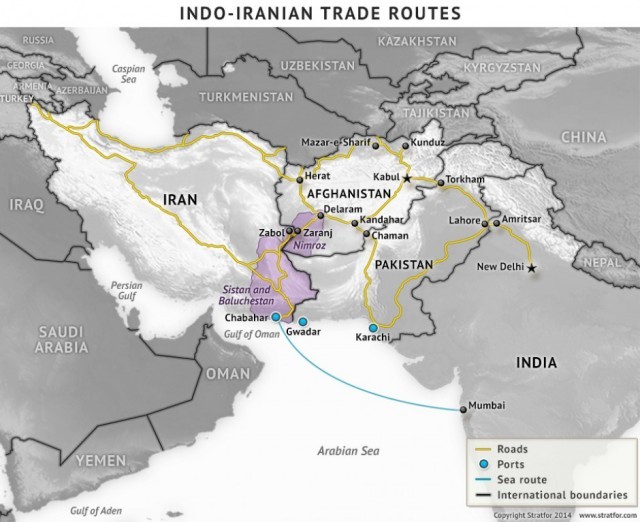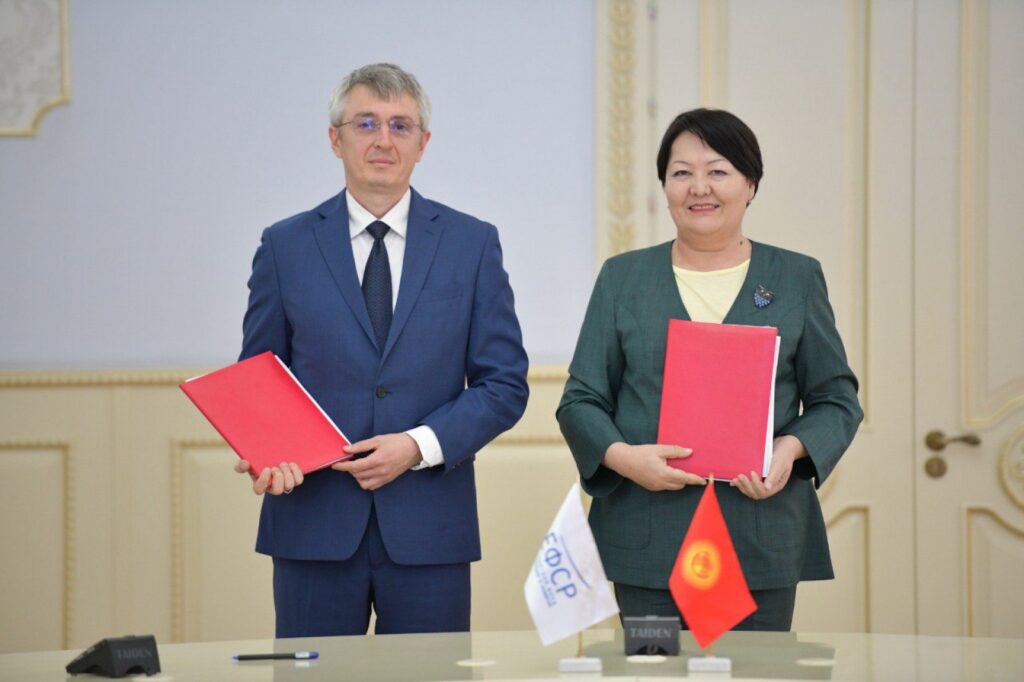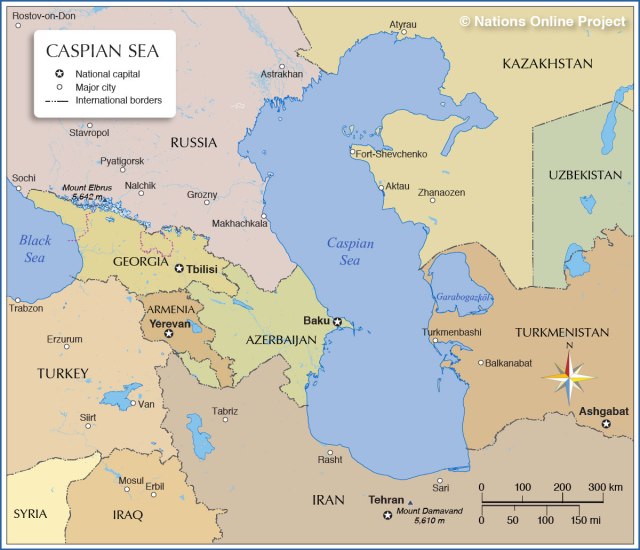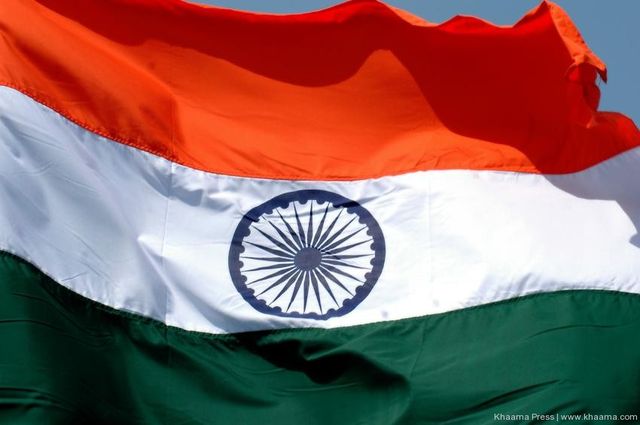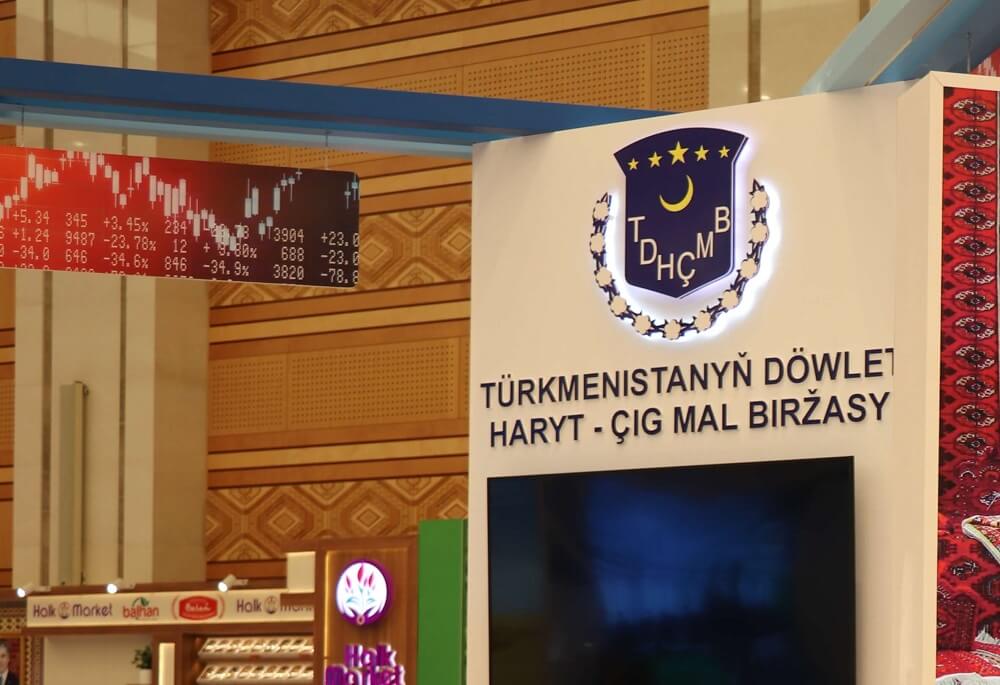BISHKEK (TCA) — The article below, originally published by Stratfor, highlights India’s efforts to expand its influence beyond South Asia with the help of a partner with whom it has a long history of cooperation: Iran.
The Islamic Republic is working with India on an array of projects. Yet the enterprise that best embodies India’s ambitions of carving a greater sphere of influence in Asia — particularly Central Asia, the Middle East and Afghanistan — is the planned improvement of the Chabahar Port.
Situated on the Gulf of Oman near the Iranian border with Pakistan, Chabahar is just 299 kilometers (186 miles) east of one of the world’s most critical passageways for oil tankers, the Strait of Hormuz. In May 2015, India and Iran signed a memorandum of understanding whereby India pledged to invest $85 million in a first phase of construction to transform two berths in the port, and $110 million in a second phase to develop a 901-kilometer railway linking Chabahar to the iron ore mines in Hajigak, Afghanistan. So far, Iran has invested $340 million into the port and has declared the surrounding area a free trade industrial zone.
The port could benefit both nations. 85 percent of Iran’s seaborne traffic is processed through the country’s other port in Bandar Abbas in the Strait of Hormuz, which can handle only 100,000-metric ton ships. Larger ships must first off-load at the Jebel Ali port in the United Arab Emirates en route to Iran. Chabahar — a deep-water port — could alleviate the problem by being able to process larger ships, not to mention diversifying Iran’s ports of entry. For India, the port is part of New Delhi’s broader strategy of engaging the Middle East, expanding its trade routes with Central Asia and furthering its influence in Afghanistan.
Like any multilateral effort, the Chabahar project is fraught with difficulties. But if successful, the port could well give India a trade inlet to Afghanistan and Central Asia, expanding India’s presence in the Middle East while bypassing Pakistan.
